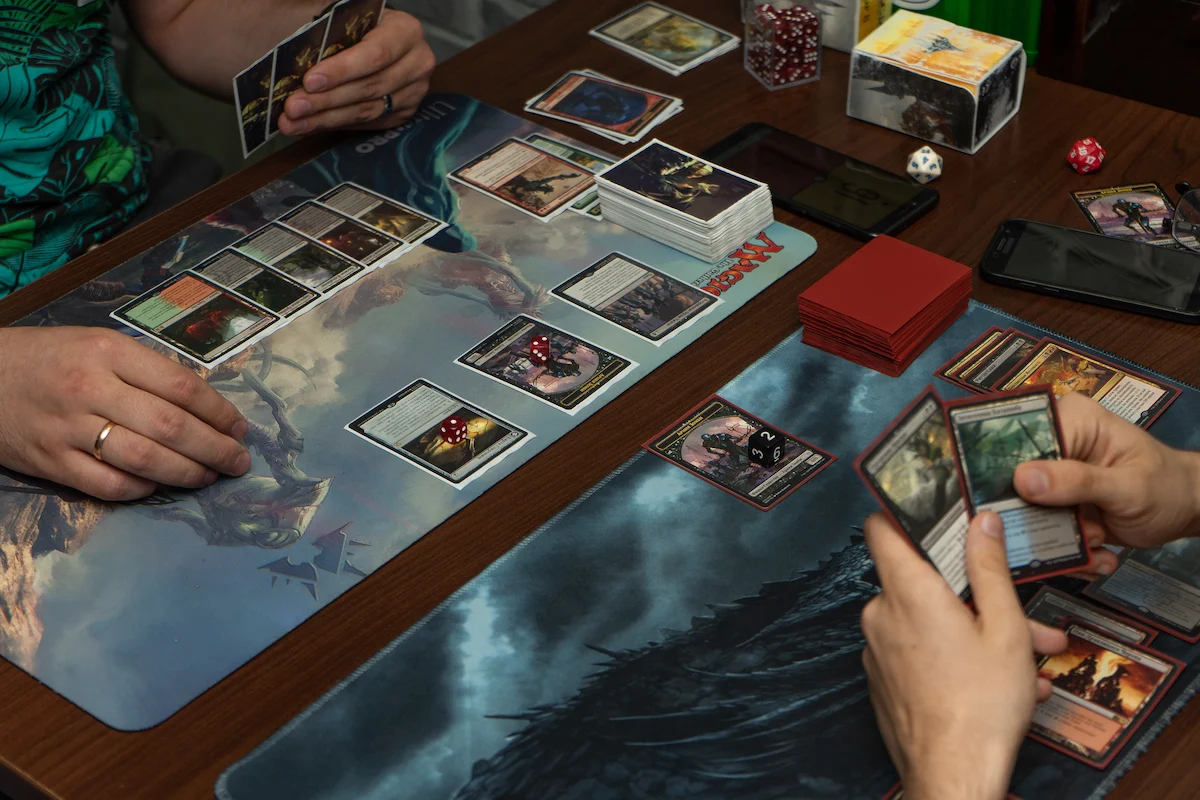
Mastering your deck’s gameplay in Magic: the Gathering isn’t just about memorizing card interactions — it’s about understanding rhythm, timing, and decision-making. Every deck, whether aggro, control, midrange, or combo, has a learning curve that rewards both repetition and reflection.
The fastest way to get good with your deck is to treat it as both a puzzle and a habit: something you refine through play, study, and awareness. Here are several ways to accelerate your mastery and make your gameplay feel sharp, confident, and intuitive.
The first step is consistent repetition. The fastest learners are those who repeatedly play their decks until key decisions become second nature. Don’t just play a few casual matches — aim to run through dozens of games in different scenarios. By repeatedly facing matchups against various archetypes, you’ll start to anticipate what your opponents might do and know exactly how to respond. Consistency builds instinct, and instinct saves time during actual tournaments.
Next, focus on analyzing your plays instead of just winning. After every game, take a moment to ask what went right or wrong. Did you keep a risky opening hand? Did you miss a key trigger or misjudge a threat? Reviewing replays on digital platforms like MTG Arena or discussing gameplay decisions with friends can quickly reveal blind spots. The more you reflect, the more you internalize smart habits — and those habits lead to mastery far faster than raw experience alone.
Another key is sideboard mastery. Many players underestimate how much sideboarding defines a skilled pilot. Learn exactly which cards to take out and which to bring in against every major archetype. Write notes, build a quick matchup chart, and test your post-sideboard games just as much as your main deck ones. Understanding your 75-card strategy, not just your 60, makes you a far more flexible and confident player in competitive settings.
You’ll also want to simulate pressure conditions. Playing casually is one thing, but performing well under a tournament clock is another. Practice with timers, or participate in store events where each round has a limited time. This helps train your focus, manage nerves, and develop quick yet accurate decision-making. Mastery isn’t just knowledge — it’s composure under pressure, and that skill comes only through deliberate practice in real match settings.
Finally, keep evolving with the meta. Even if you know your deck inside and out, the environment around it constantly shifts. Keep up with recent tournament results, watch gameplay videos from pros, and tweak your list to stay relevant. Mastering your deck doesn’t mean freezing it in time; it means adapting it to whatever the game throws at you. The fastest way to master your gameplay is to stay curious — always learning, always testing, and always improving one draw step at a time.
Thanks for reading.
